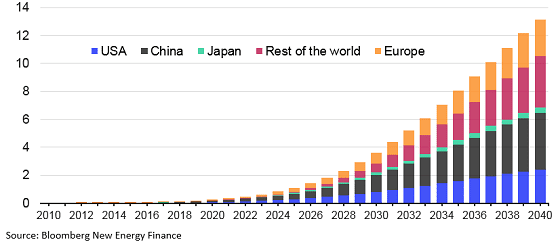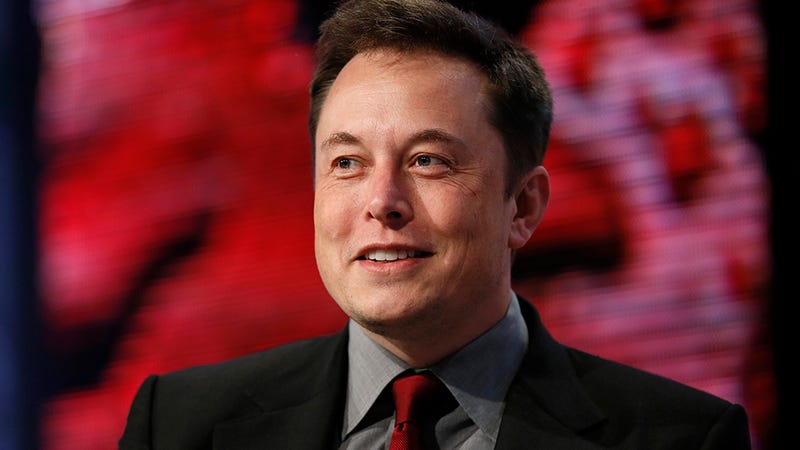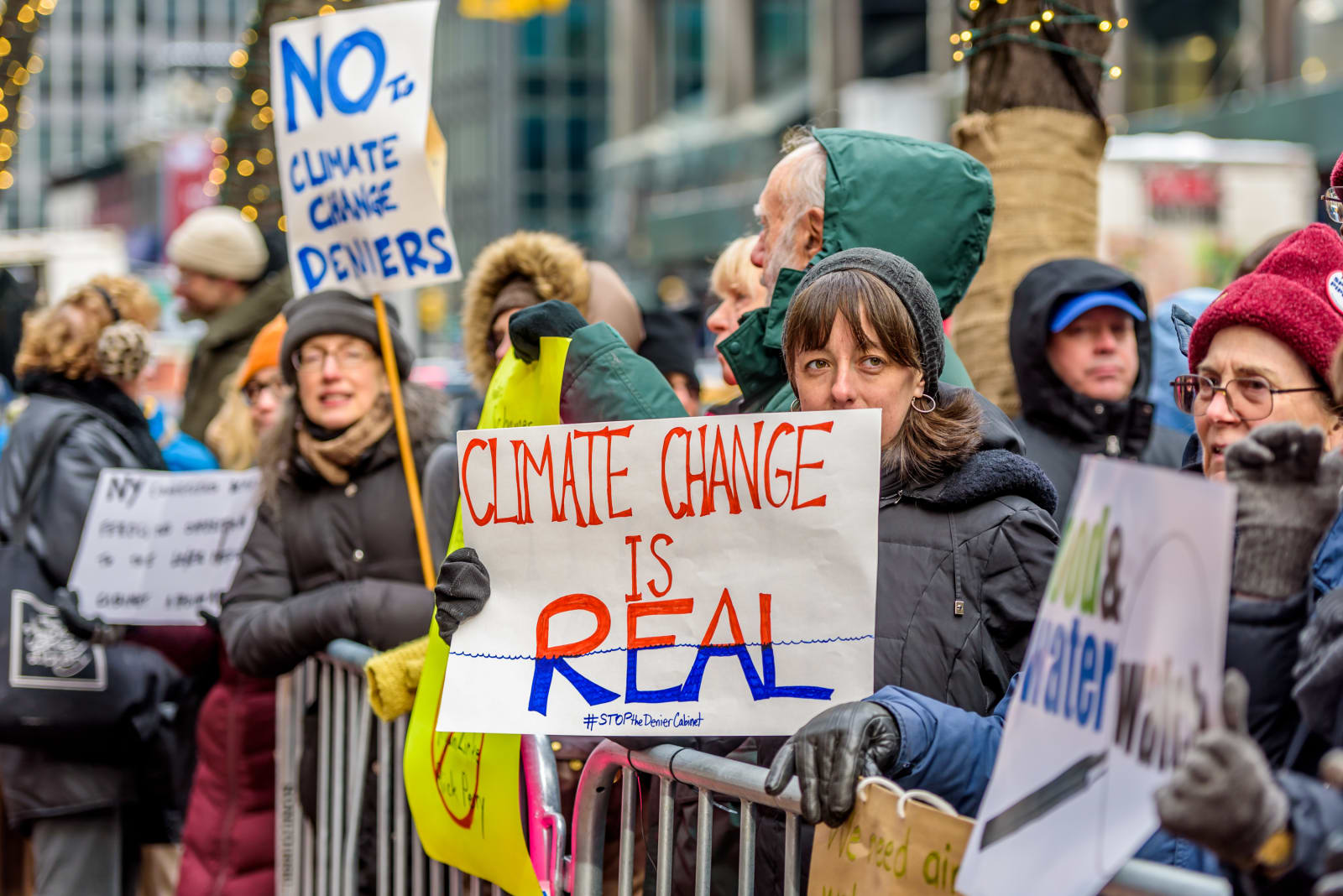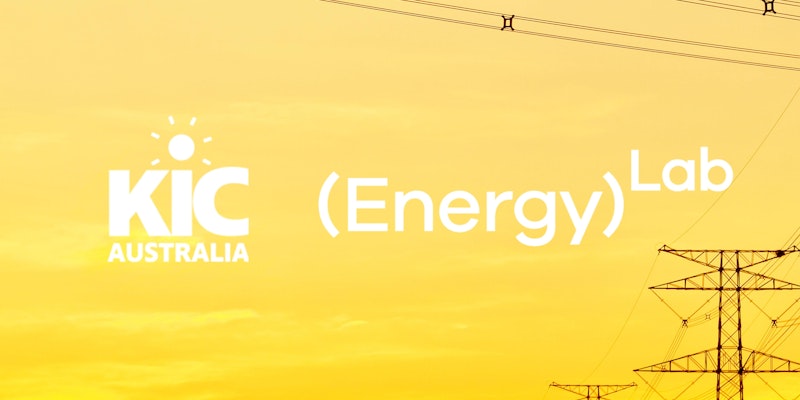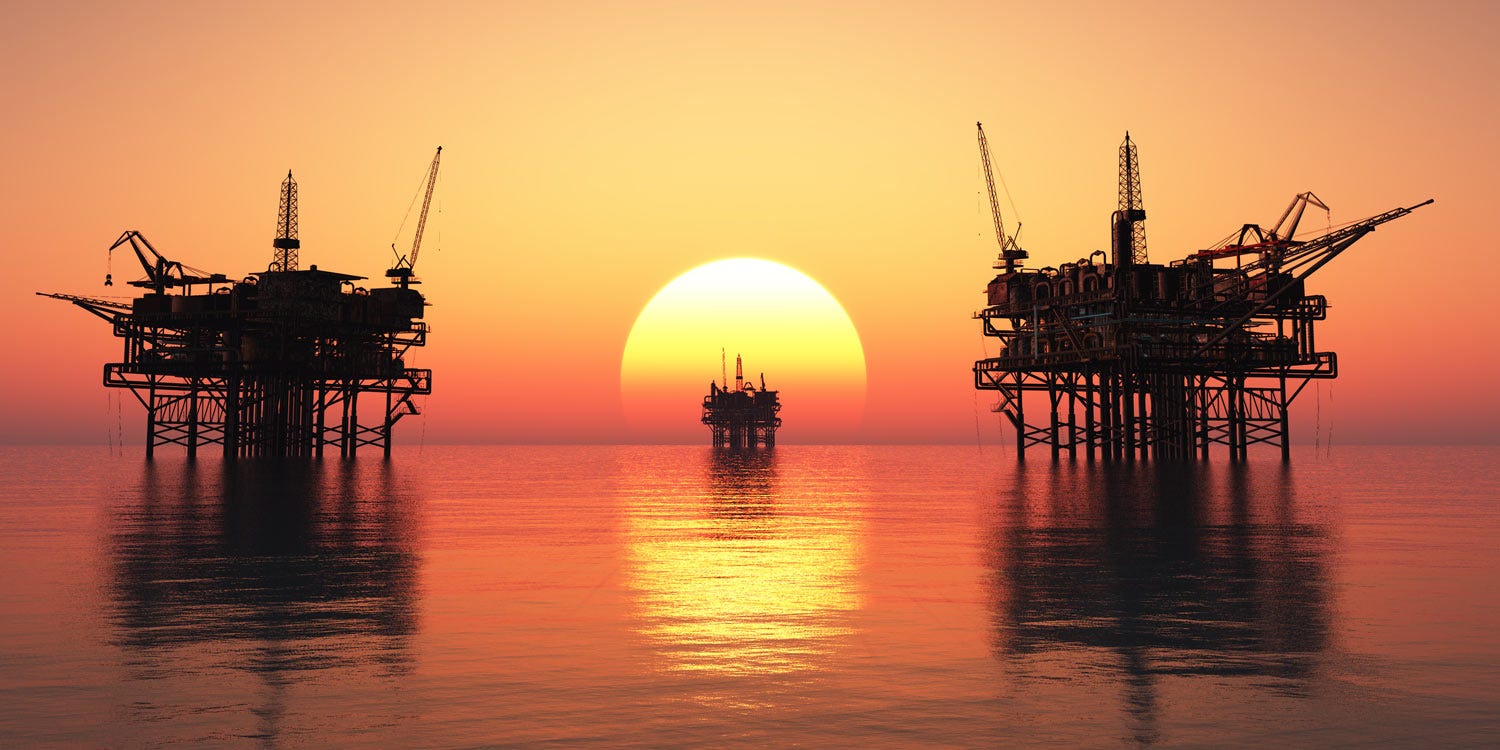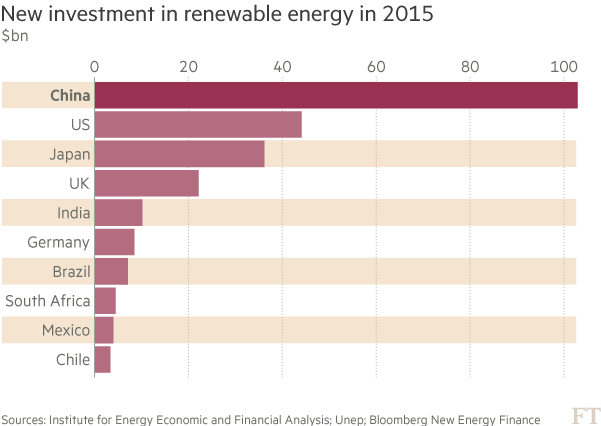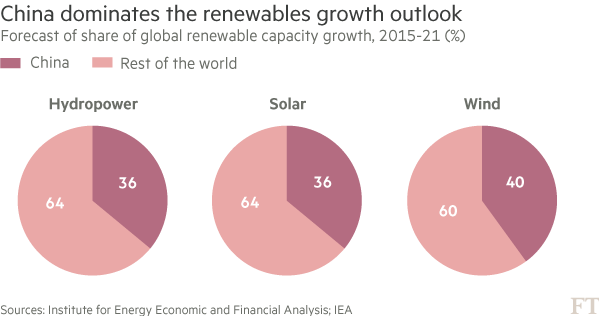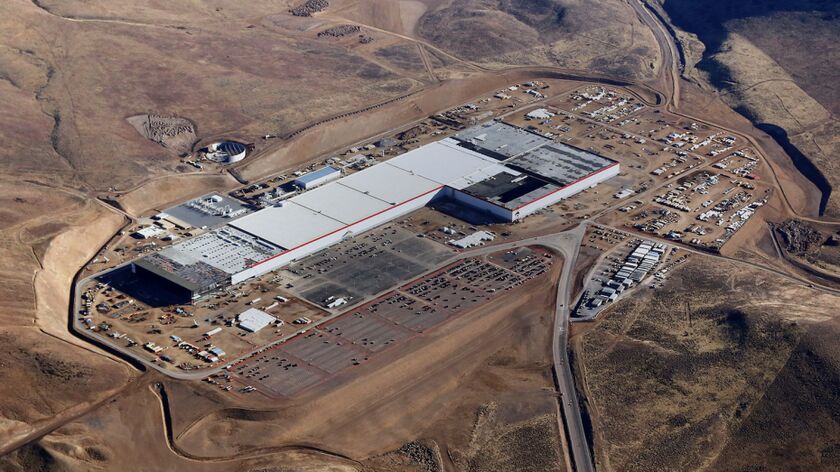The spectacle of Donald Trump abruptly transitioning the US political system into open fascism is quite horrifying even from the other side of the Pacific, however by and large ourlocal media aren't bothering to report the details.
Paul McGeough at the SMH gets to do a summary piece each day though (today's piece looking on the blatant blackmail involved in the new anti-muslim immigration laws, with countries that host Trump properties exempt and those without them hit hard - it's more a mafia style shakedown than a real immigration policy).
Long time business writer Michael Pascoe was also moved to voice his shock ("Australia is investing billions in madman Donald Trump") after Trump's bizarre interview with ABC News recently where he once again threatened to steal Iraq's oil.
As I've noted here many times before, Iraq has the world's largest and cheapest to extract oil reserves, and trying to gain control of them was a major reason for the Iraq war.
Bush and the neocons at least tried to maintain a fig leaf of legality around their attempt's to bully the Iraqi government into signing over control of the oil, so Trump's naked imperialism has managed to outrage the entire political spectrum outside of the fascist right.
The Washington Post - Trump’s illegal, impossible, and ‘beyond goofy’ idea of seizing Iraq’s oil.
The United States can’t just walk off with Iraq’s oil when it decides to get out. In 2015, Iraq produced about 4 million barrels a day, enough crude oil to fill more than 700 Trump Towers. Billions of barrels more sit underground in conventional reservoirs. The International Energy Agency has estimated that Iraq could produce twice as much as it does currently — by 2035. That means taking the oil would take decades. That might explain Trump’s suggestion that “a certain group” should be left behind to hold down parts of the country so that the United States could siphon off oil. What he didn’t say is that that group – undoubtedly U.S. soldiers — could be there quite a while. ...
“To ‘take the oil’ would require the United States to occupy Iraq. We tried that after 2003 with something approaching 200,000 troops and it did not work,” said Andrew Bacevich, a retired colonel and professor of history and international relations at Boston University. “What would effective occupation actually require? A minimum of a half-million troops, perhaps more.” Bacevich added, “Presumably, Trump would have them stay until the oil runs out, which would entail an occupation running into decades. The total cost? Probably more than the value of the oil itself. The whole idea is beyond goofy.”
Juan Cole - Trump to CIA: We now have 2nd Chance to take Iraq’s Oil.
The United Nations Charter and other treaty instruments that are part of US law actually abolished the principle of ‘to the victors go the spoils.’ Conquering states in a war are not allowed to annex territory from the vanquished as of 1945. That’s what is wrong with the Israeli creeping annexation of Palestine since 1967.
Given that the US has 6000 troops in Iraq, as Thomas Doherty pointed out, this kind of talk puts them in danger from Iraqi nationalists who may begin seeing them not as allies against ISIL but as stalking horses for a sinister imperialism. Trump just painted a big red target on the backs of our troops. ...
This isn’t speculation: the great Borzou Daragahi reports that the Iraqis are indeed ‘pissed’ and ready to fight for their oil.
Trump is also wrong that Iraqi petroleum fueled Daesh (ISIS, ISIL), or that the US could have “taken” Iraqi petroleum. This is because he does not know Iraqi geography or political geography. Most oil in Iraq is either down in Shiite territory at Basra (the vast majority of what is pumped) or up in Kurdish-held territory at Kirkuk. Daesh in Iraq had relatively little access to petroleum revenues, and the experts on it believe that contributions from Gulf supporters and taxes and plunder from local people (including on agriculture) were much more important. The situation is perhaps a little different in Syria, but we’re talking about Iraq.
The Independent - Iraq says Donald Trump's threat to seize the country's oil makes no sense.
US enemies and friends would oppose the move. While Iraqi Prime Minister Haider al-Abadi has accepted US help to retake Isis-held territory in his country, he has repeatedly asserted Iraqi sovereignty. He said of Trump's oil vow in November, “I am going to judge him by what he does later.” Reuters reported Mr al-Abadi as saying: “It wasn't clear what he meant. Did he mean in 2003 or to prevent the terrorists from seizing Iraq's oil? Iraq's oil is constitutionally the property of the Iraqis.”
The Atlantic - Why Iraq Needs the Oil.
It is into this delicate situation that Trump has pitched himself, without apparent regard to the consequences. That his threat to strip Iraq of its oil survived his transition into the White House demands careful consideration of what the proposal could actually entail. The U.S. military would not, as Trump has suggested, occupy Iraq to oversee the illegal extraction of crude from its oil fields, which are dispersed across the country. ...
Or he could just push the Iraqi government to award favorable contracts to American companies like ExxonMobil, whose former CEO Rex Tillerson has just been confirmed as secretary of state. Tillerson’s previous escapades, of course, present a cautionary tale. Under Tillerson, ExxonMobil purchased oil rights to land blocks controlled by the KRG in 2011—a deal that directly challenged the authority of the Iraqi government and was partially responsible for an armed stand-off between the Iraqi army and the Kurdish peshmerga.
Tillerson’s record of aggressively asserting corporate interests into decidedly thorny diplomatic climates also reflects the lack of common purpose among Trump’s team. James Mattis, Trump’s secretary of defense, has a record of seeking to confront Iran’s growing influence in Baghdad. Destabilizing Iraq’s oil sector would weaken Baghdad’s hold on the country, thereby strengthening Iran’s position.
The Boston Globe - As Trump muses about seizing Iraq oil, energy experts say it makes no sense.
“This is foolish,” Kenneth Pollack, a senior fellow at Brookings Institution, said. “This is a typical Trump remark. It’s moronic. It makes no sense. We couldn’t just suddenly grab Iraq’s oil and walk away with it.” In order to extract the oil, American forces would need to occupy the country, a costly, dangerous, and politically risky process, Pollack said. He added Iraqi resistance to these efforts would be quite strong given oil is a crucial source of income for the country.
In response to Trump’s comments, Massachusetts Representative Seth Moulton, a former Marine, tweeted on Saturday, “No. That’s pillaging, and it’s a war crime.”
The Guardian - Trump's plan to seize Iraq's oil: 'It's not stealing, we're reimbursing ourselves'.
The idea predates Trump’s presidential campaign. As far back as 2011, he was telling the Wall Street Journal that this was his policy for Iraq. “You heard me, I would take the oil,” he said. “I would not leave Iraq and let Iran take the oil.” And he insisted to ABC News that this did not amount to national theft. “You’re not stealing anything,” Trump said. “We’re reimbursing ourselves … at a minimum, and I say more. We’re taking back $1.5tn to reimburse ourselves.”
As a security strategy, this presents huge problems from almost every angle, according to military, strategic, legal and oil experts. First of all, there are issues of principle and legality. Trump’s frequent invocation of the “spoils of war” seems to hark back to a bygone age of conquistadors and plunder-based imperialism, illegal now under the laws of war.
“In international law, you can’t take civilian goods or seize them. That would amount to a war crime,” Anthony Cordesman, the Arleigh Burke chair in strategy at the Centre for Strategic and International Studies. “Oil exports were almost the only Iraqi source of money. So you would have to pay for government salaries, maintain the army, and you have triggered a level of national animosity far worse than we did. It would be the worst kind of neo-colonialism. Not even Britain did that.”
Jay Hakes, the author of A Declaration of Energy Independence, about the relationship between US national security and Middle Eastern oil, was similarly unsparing. “It is hard to overstate the stupidity of this idea,” he wrote on Real Clear Energy. “Even our allies in the Middle East regard oil in their lands as a gift from God and the only major source of income to develop their countries. Seizing Iraq’s oil would make our current allies against Isis our new enemies. We would likely, at the least, have to return to the massive military expenditures and deployment of American troops at the war’s peak.”


